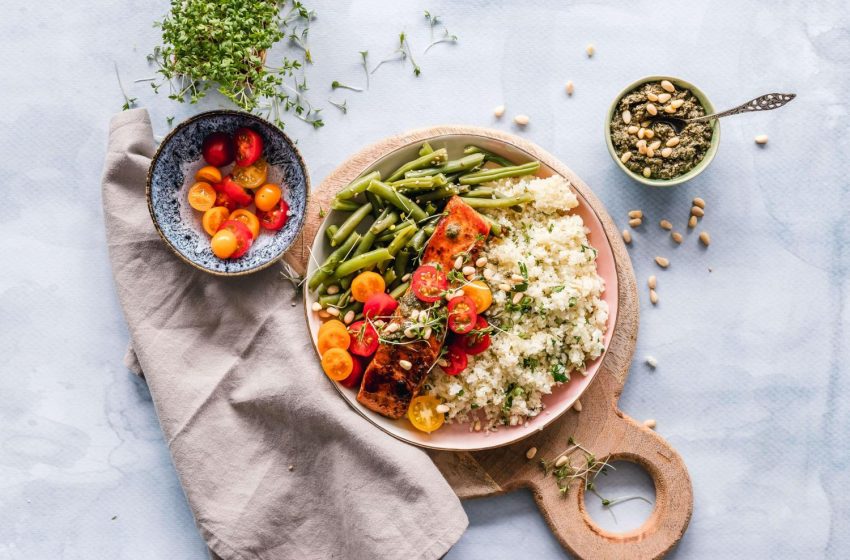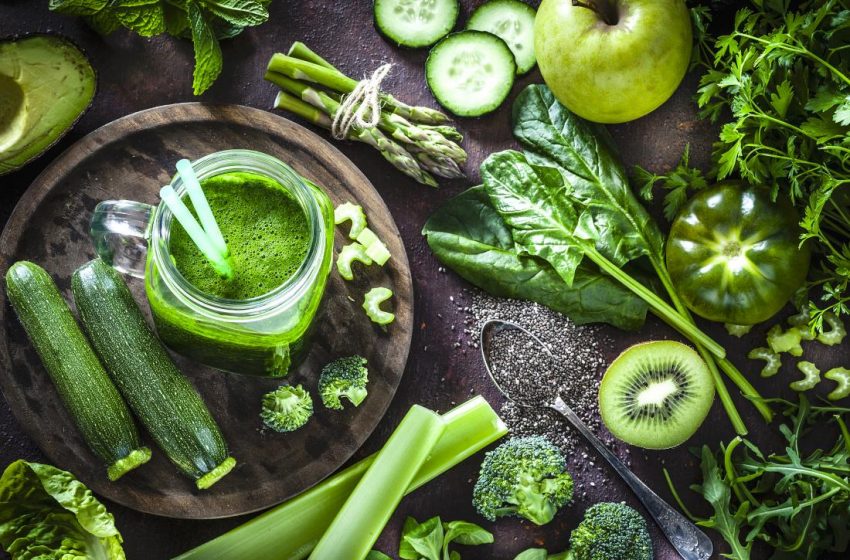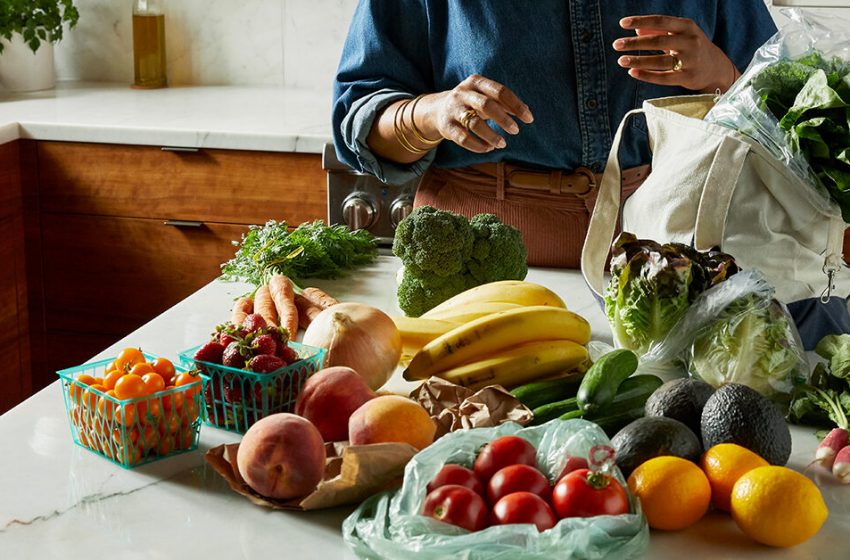The Mediterranean Diet centers around seasonal produce, fish and seafood, poultry, eggs, dairy, and small amounts of meat and sweets. While choosing from a cornucopia of foods, followers of this lifestyle can decide what they would like to eat and when. But with so many options it can feel overwhelming to get started. Read on to learn Riolo’s advice to help you begin the Mediterranean Diet today.
First, rethink your relationship to food. “Food in the Mediterranean region is more than just fuel,” says Riolo. “Throughout the region, preparing and enjoying food is viewed as one of life’s greatest pleasures, a reason for socializing, a form of art, an act of worship, a means of gift-giving, culinary medicine, and much more. Restaurant dining is less important than sharing meals at home with family and friends. Remember this mindset as you incorporate more Mediterranean-themed meals into your diet. It will help you prioritize and even look forward to preparing healthier home cooked meals.”
Eat plenty of plant-based foods and seafood. “To start following a Mediterranean-style eating pattern, plan your meals around plant-based foods including seasonal vegetables, fruit, and whole grains,” says Riolo. “Be sure to incorporate fish at least two to three times a week. Cook with olive oil. Enjoy dairy often and consume meats and sweets only sparingly. Try to cook as much of your food as possible and incorporate the freshest, highest quality foods you can find.”
Stock your Mediterranean pantry. Having a well-stocked pantry saves you time, money, and stress when you’re ready to cook, and encourages you to eat healthfully. Begin stocking your pantry today. Don’t worry—you can take your time with this, purchasing a new item or two each time you visit the grocery store. When you’re done, you’ll have the foods and products needed to whip up a healthy Mediterranean meal.
Some essentials to buy first include extra-virgin olive oil; balsamic vinegar; baking goods like whole wheat flour and all-purpose flour; sea salt; canned black beans, cannellini beans, and dried lentils; canned tomatoes; canned tuna; whole wheat pasta; grains like basmati rice, couscous, and bulgur wheat; dried herbs such as basil, oregano, rosemary, and sage; and spices and seeds such as cayenne pepper, coriander, ground ginger, cumin, and sesame, fennel, and caraway seeds.
Keep fresh foods on hand too. In addition to your stocked pantry of dry goods, you will need plenty of fresh proteins, veggies, fruits, dairy, and other items to create your meals each week. Plan to make weekly trips to the grocery store to buy fresh ingredients like fish fillets and chicken breasts; lemons; celery, carrots, and onions; assorted lettuces; potatoes and sweet potatoes; eggs; cheeses like parmesan, goat, and feta; and yogurt.
Find some simple and healthy Mediterranean recipes. You don’t have to be a trained chef to cook delicious homecooked meals, says Riolo. The beauty of Mediterranean cooking is that the ingredients are simple and the preparation methods are easy to execute. Start out with easy recipes. You can save more elaborate meals for holidays and special occasions. The Mediterranean Cookbook, 2nd Edition is a great place to find plenty of recipes that are big on flavor and easy to prepare. Below you’ll find some great recipes to try out.
Make a meal plan. Plan your meals on a weekly basis. Start by deciding which dishes you would like to eat in the upcoming week. Take into consideration the time you will have for cooking, which ingredients you already have on hand (and what you’ll need to buy at the grocery store), and whether your meals contain healthy assortments of carbohydrates, proteins, and fats. Make a grocery list and a schedule of when you will prepare which dishes.
Plan ahead for busy days. “A busy schedule doesn’t have to prevent you from preparing healthy meals,” says Riolo. “On days when you have an hour to cook, try preparing two quick main dishes, one to eat that day and one to keep for a day when you don’t have time to cook.”
Get the whole family involved. Getting other people in your household involved in meal prep can prevent any one person from feeling overwhelmed. Post a schedule on the refrigerator and delegate tasks. One person can make the salad, another can chop vegetables, and so on.




